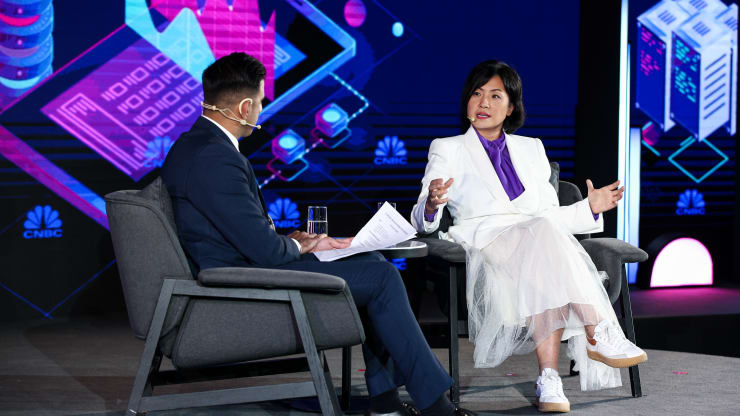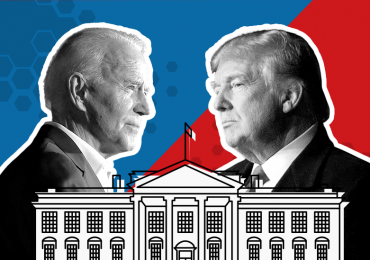A U.S.-China divorce has more advantages than drawbacks for the Asian giant’s tech sector, according to one venture capitalist.
“From my personal observation, I think that decoupling … benefits China” — as opposed to hurting the country, said Jenny Zeng, managing partner at MSA Capital. She was speaking at CNBC’s annual East Tech West conference in the Nansha district of Guangzhou, China.
The prospect of Washington and Beijing disengaging from each other first surfaced when the two sides entered a trade war about two years ago, and began imposing punitive tariffs each other’s goods.
As relations soured further, there have also been concerns that the global coronavirus outbreak could speed up what has sometimes been referred to as a “decoupling.”
Experts have warned of the high cost of such a split, but Zeng said it would be good for China.
“Long term, it’s very positive,” she told CNBC’s Arjun Kharpal.
She said “talent decoupling” has led young people back to China to start their own companies. “That’s one reason keeping (investors) very busy,” Zeng said.
Another reason why China will do well in spite of decoupling with the U.S. is the Asian economic giant’s “powerful” supply chains, Zeng added.
She said consumers want good products at low prices, and the efficiency of China’s manufacturers will come into play when companies choose the kind of supply chain they want to use.
Leave a comment









